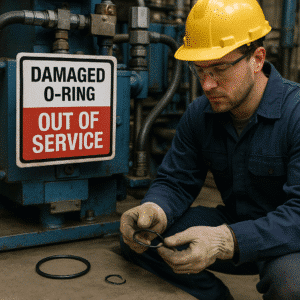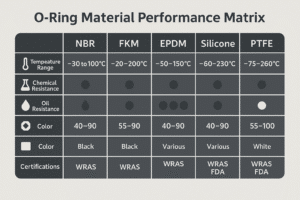Choosing between OEM and aftermarket oil seals can be tricky. I’ll show you how to pick the right one based on performance, cost, and reliability.
OEM oil seals guarantee factory fit and quality but are pricey. Aftermarket seals offer affordable alternatives with diverse materials. Your choice depends on application needs and budget priorities.
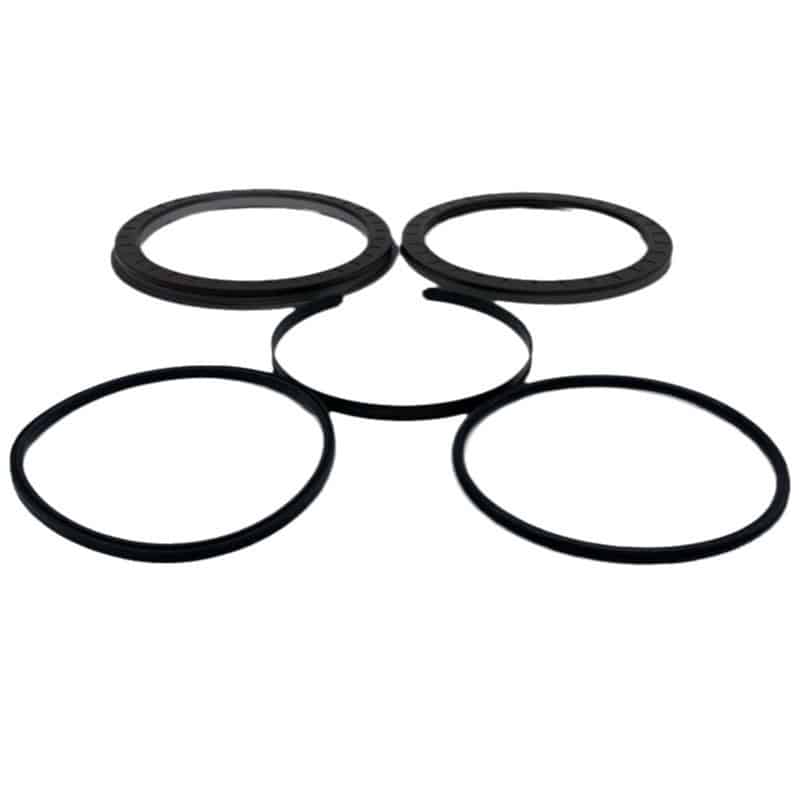
If you’re unsure which seal fits your needs, let’s walk through the key differences and when each option makes sense.
What’s the Key Difference Between OEM and Aftermarket Oil Seals?
When should you choose OEM, and when is aftermarket enough?
OEM seals are produced by the original manufacturer for precise fit and performance. Aftermarket seals, made by third-party brands, provide cost-effective solutions with varying quality levels.
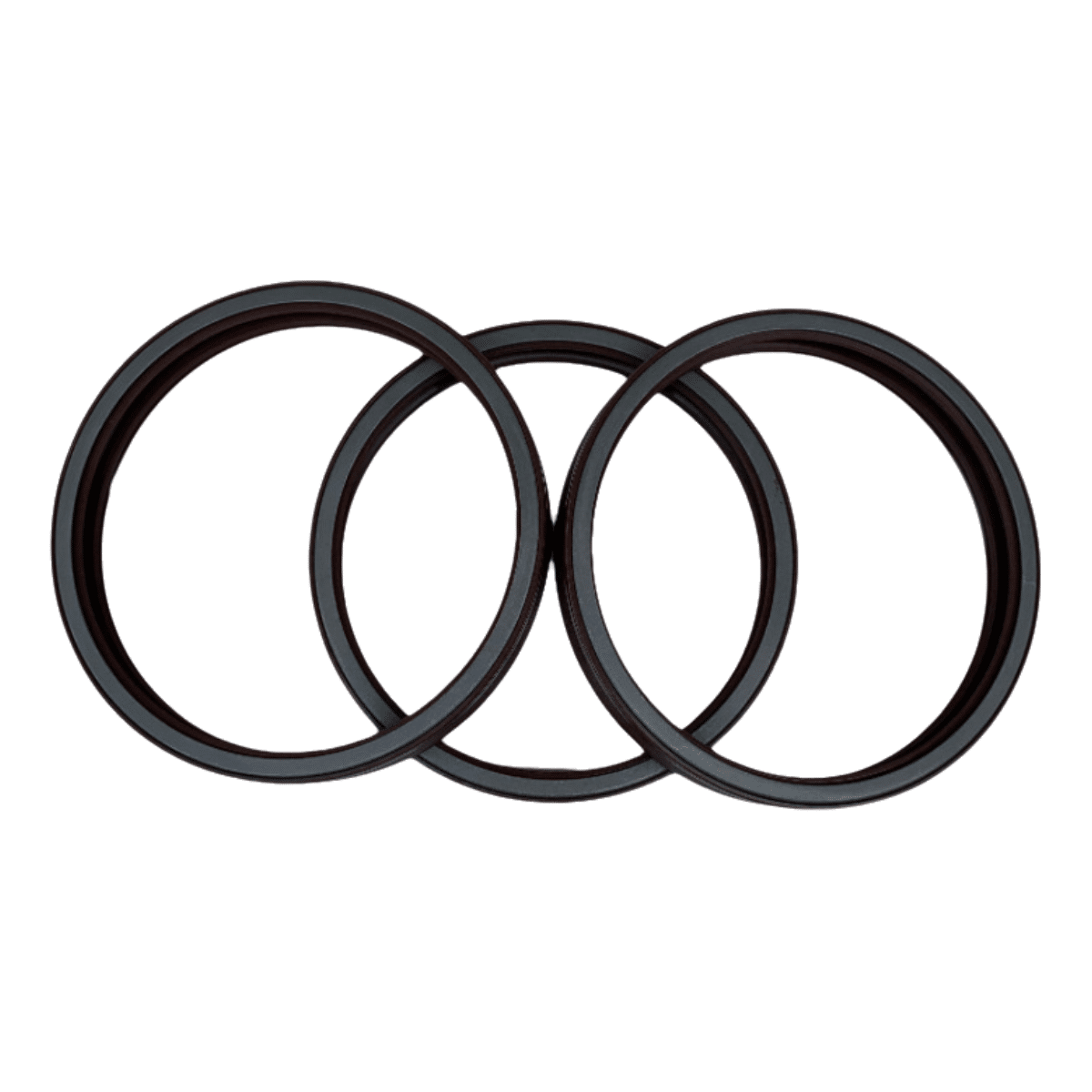
From my experience, OEM seals are best for critical systems where failure isn’t an option—think engines and transmissions. However, for general maintenance or bulk fleet repairs, aftermarket seals with good certifications are a smart move. You can explore our high-performance HINO oil seals as a reliable aftermarket option.
Are Aftermarket Oil Seals as Reliable as OEM?
How can you tell if aftermarket seals meet your standards?
Not all aftermarket seals are inferior. Reputable brands like Hengoseal’s oil seals match or exceed OEM specifications, especially when using materials like FKM, PTFE, or NBR.

উদাহরণস্বরূপ, আমাদের 120x150x15/20.2 precision oil seal is crafted with tight tolerances and advanced materials, ensuring durability even under high pressure. Certifications like ISO 9001 and TS 16949 further guarantee reliability.
When Should You Always Choose OEM Oil Seals?
Some situations demand OEM parts—here’s how to know.
For applications where seal failure can cause catastrophic damage—such as engine crankshafts or high-speed transmissions—OEM is the safest bet.
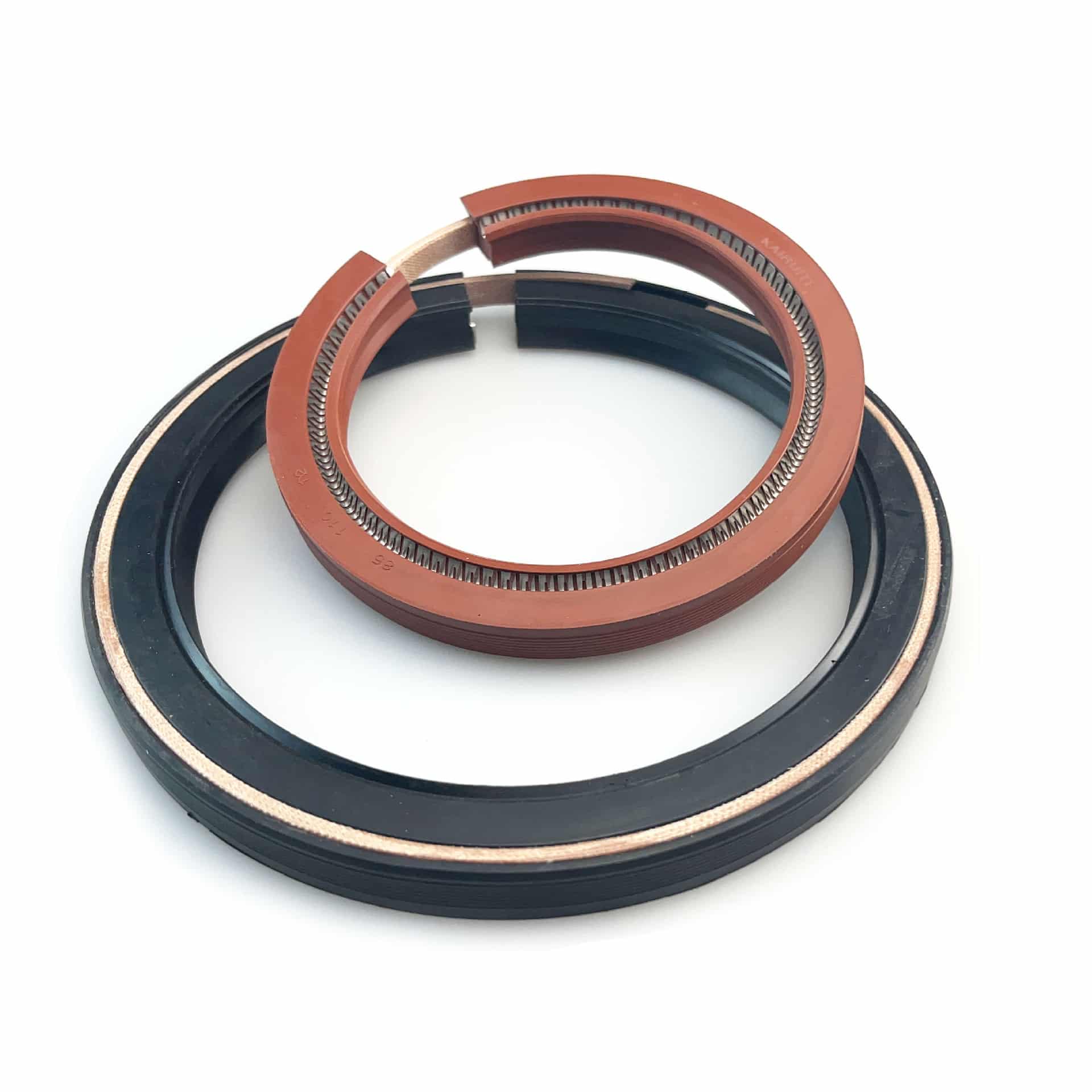
In contrast, non-critical applications like older industrial machines or bulk replacement projects benefit from aftermarket solutions. Check out our TC skeleton oil seals designed for robust general use.
How to Spot High-Quality Aftermarket Oil Seals?
Avoiding low-quality seals saves you headaches down the line.
Look for:
- ISO 9001, TS 16949 certifications
- Premium materials like Viton (FKM), PTFE
- Trusted suppliers with transparent specs
- Warranty and after-sales support
At Hengoseal, we apply strict QC to every batch. Whether it’s a Daihatsu oil seal or a custom solution, we ensure top-grade performance and fit.
উপসংহার
Choose OEM for critical precision. Choose high-quality aftermarket for flexibility and cost savings.
Find the Right Oil Seal for Your Needs Today
📩 Email:[email protected]
📞 WhatsApp:+86 17622979498
Related topic
Oil Seal vs O-Ring: Key Comparisons
Why Choose PTFE Seals for Chemical Applications
Oil Seal Cross Reference: How to Find the Right Fit

